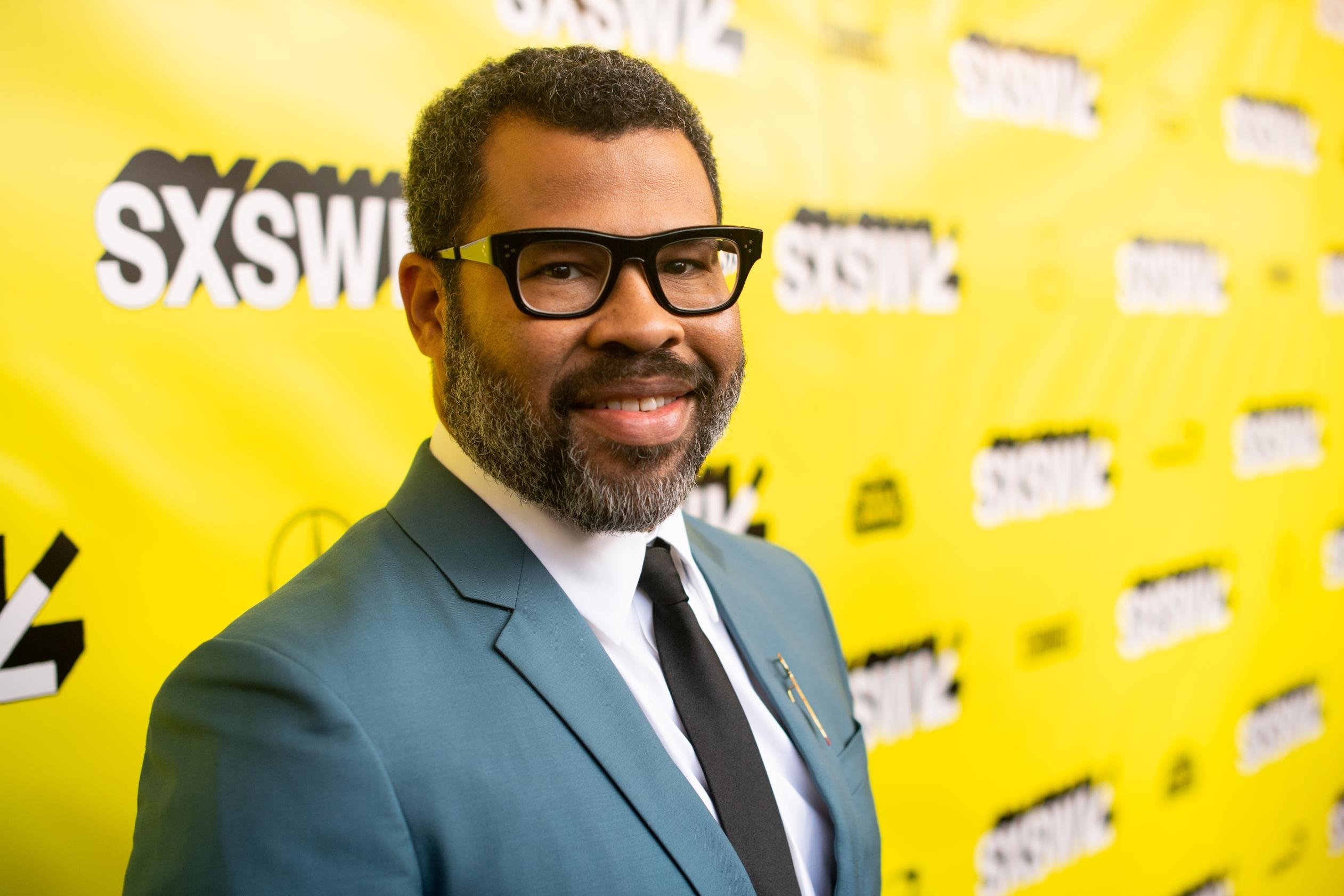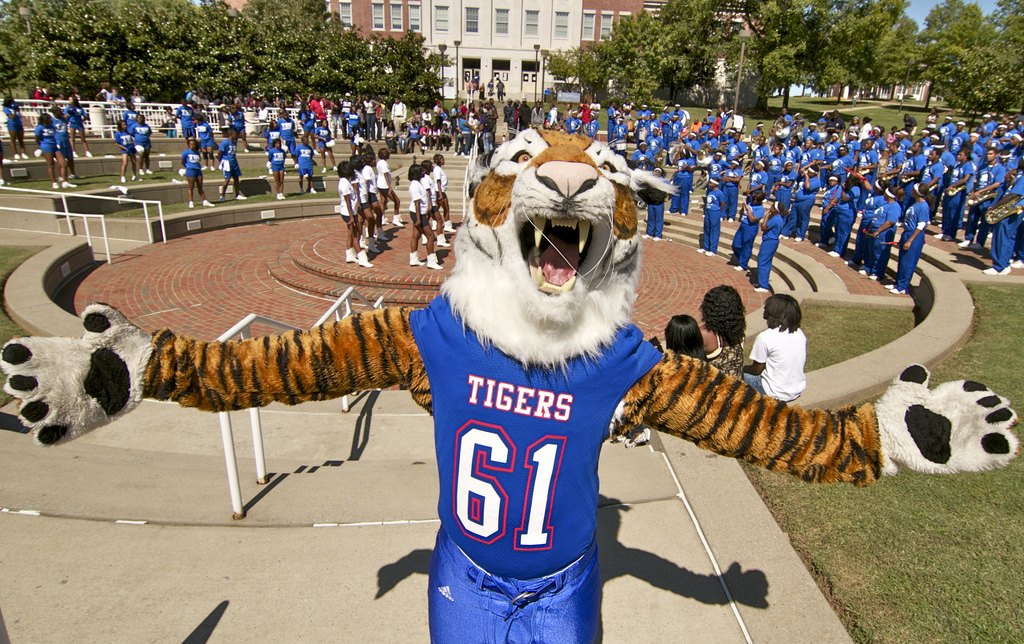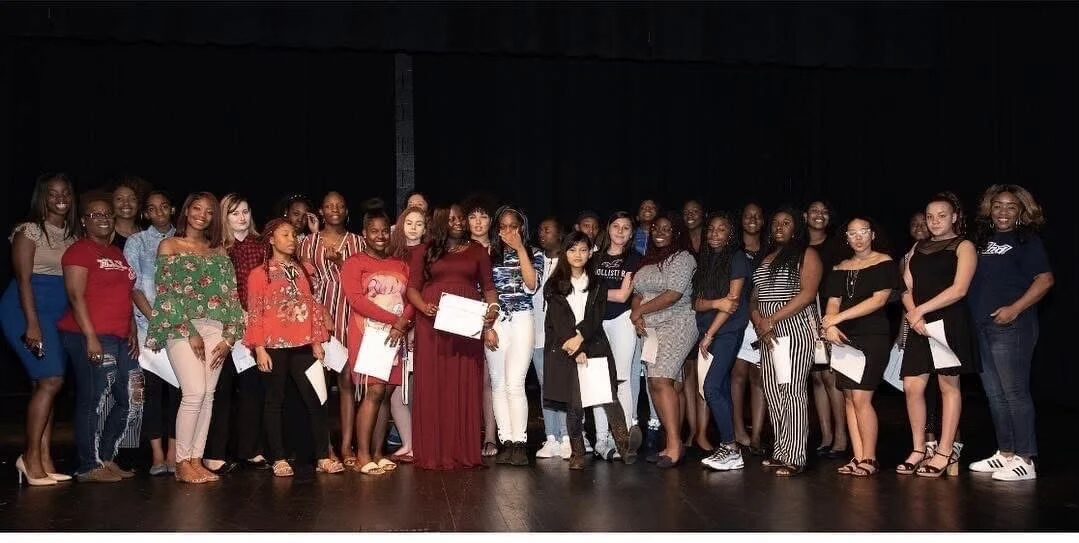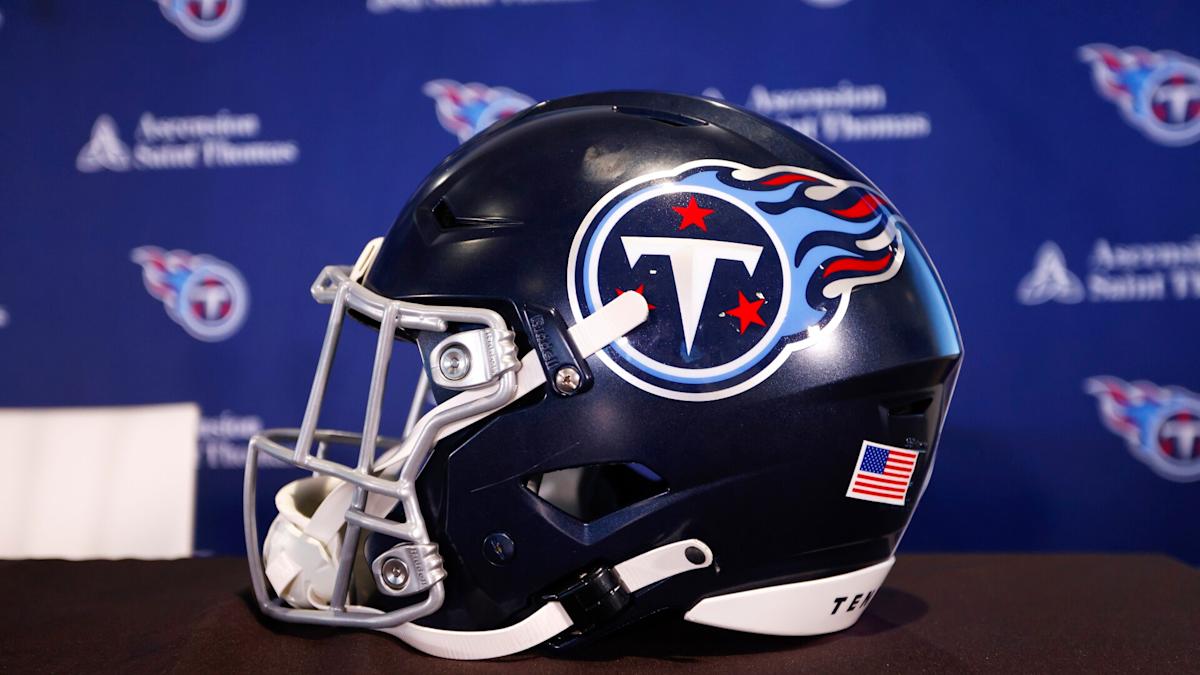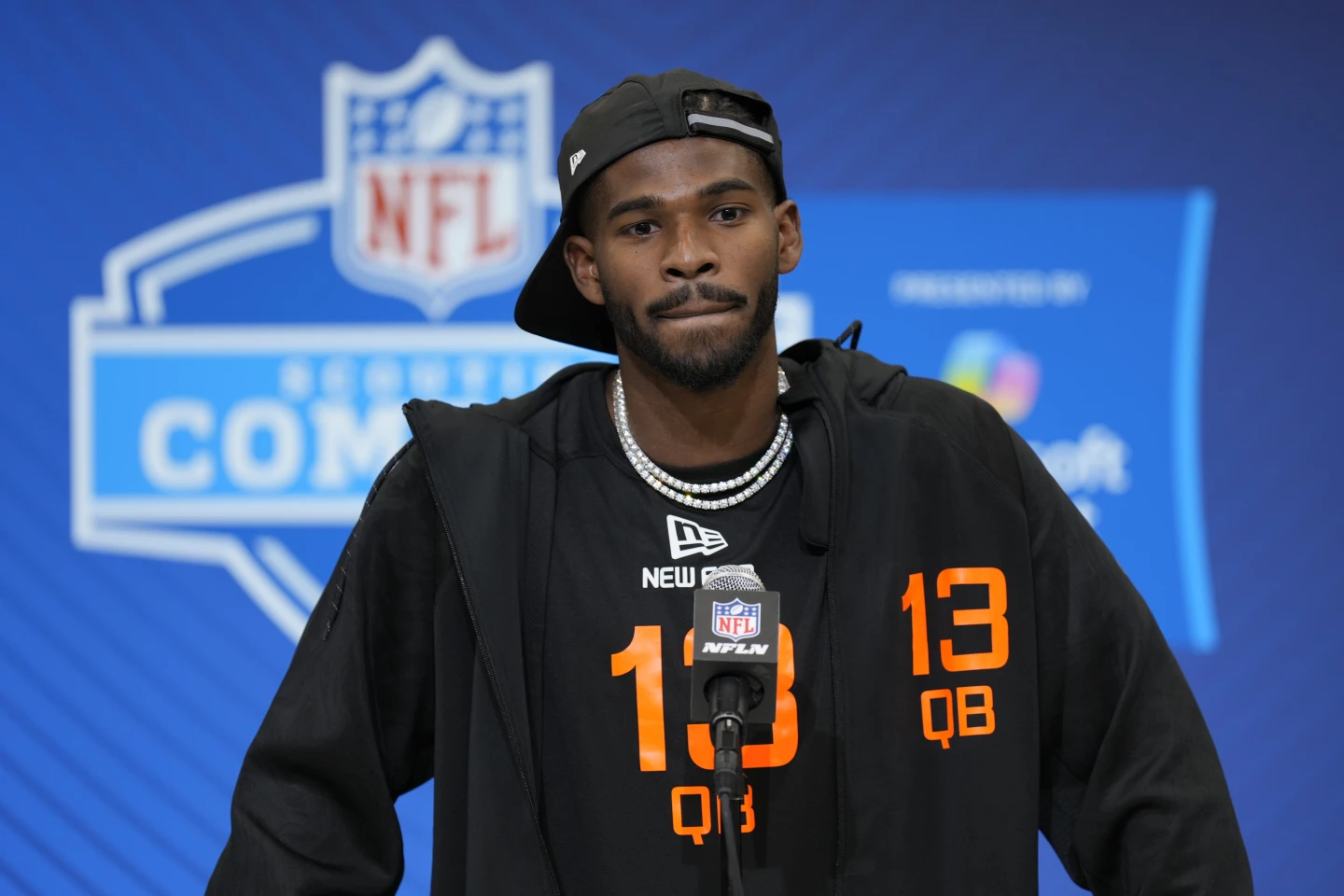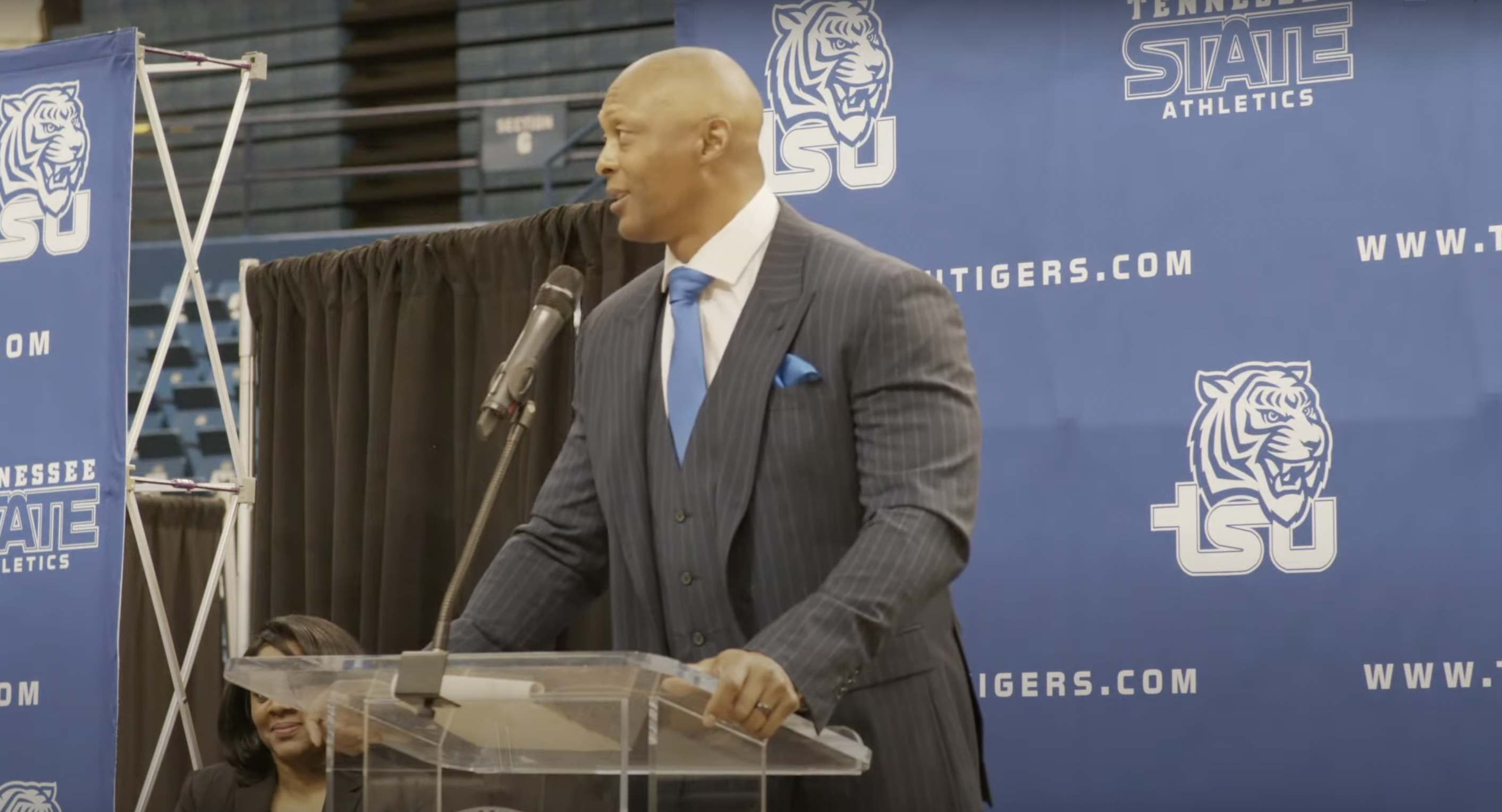Analysis by Lisa Respers France, CNN
(CNN) — Call it revenge of the “blerds.”
Jordan Peele, a self-proclaimed “black nerd” who helped to popularize the term as part of the comedy duo Key and Peele, is boldly going where no black man has gone before by conquering the horror film genre.
His sophomore film, “Us,” is out Friday to rave reviews and early awards season buzz for its star, Lupita Nyong’o.
‘Us’ scares up screams and applause at SXSW premiere
The film is on track to make history as the biggest horror film about a black family, written and directed by a black man with a mostly black cast.
Peele is among several successful creatives in Hollywood who are being unapologetically black in their craft.
Along with Peele, “Atlanta’s” Donald Glover, “Insecure’s” Issa Rae, “Black-ish” creator Kenya Barris, “Luke Cage” showrunner Cheo Hodari Coker and filmmakers Ava DuVernay and Ryan Coogler have produced entertainment that showcases the African-American experience as part of the American experience as a whole, while still celebrating the uniqueness of black culture.
Collectively, they have produced content in which they don’t feel the need to give context for mainstream America.
If you don’t get a joke or a reference because it’s too “inside black baseball” as it were, there’s always Google.
They are also reminders of what should be a given but isn’t in a society fractured by debates over race and class: people of color have smart, funny, engaging and relatable stories to tell.
Bringing the flavor
When Peele used the ’90s rap song “I Got 5 On It” by Luniz in his film and trailer, it sparked a conversation on Twitter about the brilliance of transforming a classic hip-hop track into a menacing horror soundtrack.
It was black and it was beautiful.
Peele told EW, “That song, it came pretty simple.”
“I’m making a movie in Northern California, that’s a Bay Area hip-hop classic and I wanted to explore this very relatable journey of being a parent [and] maybe some of the songs you listened to back in the day aren’t appropriate for your kids,” he said. “So that was one level, and another part was, I love songs that have a great feeling but also have a haunting element to them and I feel like the beat in that song has this inherent cryptic energy, almost reminiscent of the ‘Nightmare on Elm Street’ soundtrack.”
“Those were the ideas that that song hit the bullseye on for me, and also, it’s just a dope track,” he added.
Rise of the ‘blerds’
Momentum for moments like that has been building since the embracing of blerds.
The rise of black nerds was thrust into the spotlight in 2012 by NPR television critic, Eric Deggans.
“For years, we black nerds felt caught between white folks’ expectations that we’d be cooler and black folks’ disappointment that we’re clearly not,” said Deggans, who is also the author of “Race-Baiter: How the Media Wields Dangerous Words to Divide a Nation” and was at the time the TV and media critic for the Tampa Bay Times. “But then, something wonderful happened that turned the image of the black nerd sideways.”
That something, according to Deggans, was the success of argyle sweater wearing rapper Kanye West.
“Look around now and blerds are everywhere, intellectual, rock and roll loving, politics talking, comic book reading black nerds,” Deggans said.
Blerds are a tribe that has endured the, “You aren’t like other black people” wonderment and the surprised, “You are into THAT?” remarks with a polite smile to the face and an eye roll as soon as they turn away.
Black Hollywood
The blerd culture is very similar to what it’s like to be black in Hollywood, where being labeled as the “other” can work both for and against you.
Not only is there the ever looming specter of the lack of diversity (hello #OscarsSoWhite), but black people in Hollywood are almost always held up as representatives of their culture.
If a movie by a black director or starring a majority black cast is successful, invariably there are think pieces published either speculating on or declaring that it’s the beginning of a “golden era” for black films.
Let it flop and the conversation pivots to whether it will now become more difficult to get similar projects made in the future.
Peele has a vision
“Us” on its own is an already critically acclaimed horror film, predicted to scare up major box office receipts.
And while it is not explicitly about race, like Peele’s first film, “Get Out,” there are layers of identity themes in “Us,” which centers on a black family and their murderous doppelgangers.
It’s the kind of film that needs to be viewed more than once to peel back all that Peele appears to be saying about who we are as a nation.
In a 2017 interview with CNN, Peele said his hope was to make horror films in the vein of two of his favorites, “Rosemary’s Baby” and “The Stepford Wives.”
“I consider them social thrillers,” he said at the time. “They’re about gender and the women’s lib movement and that civil rights movement, but they’re also entertaining mysteries. I figured we could make a ‘Rosemary’s Baby/Stepford Wives’ of race.”
With “Get Out” and “Us,” he is well on his way.
The-CNN-Wire
™ & © 2019 Cable News Network, Inc., a Time Warner Company. All rights reserved.

